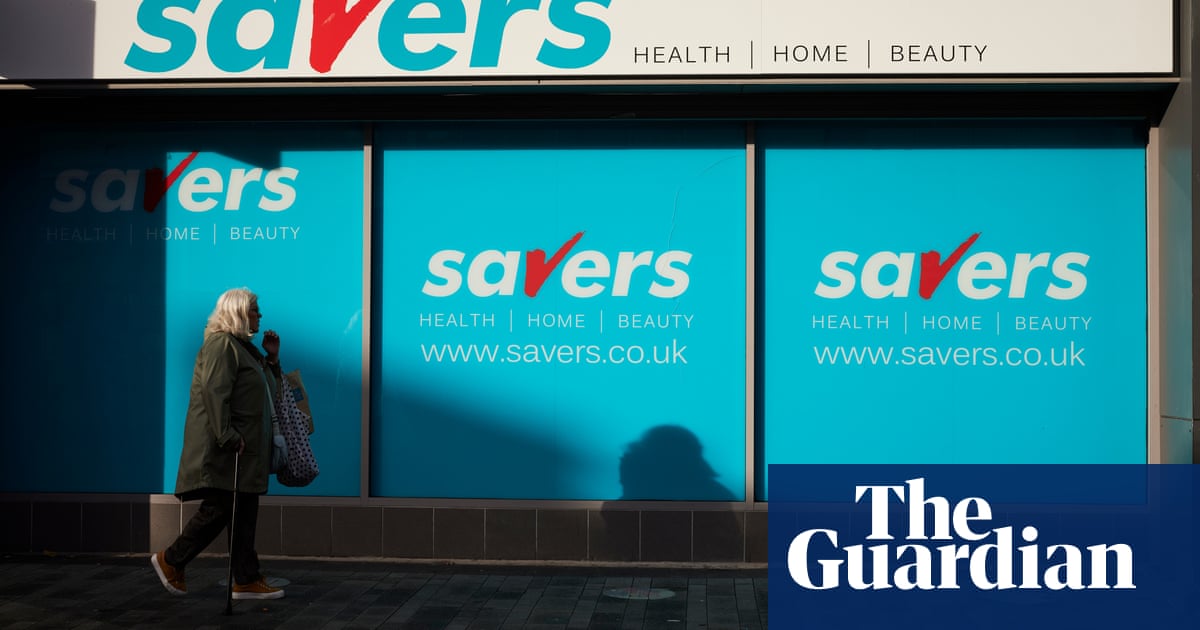
Labour and the Conservatives have been accused of being out of step with public concern about the cost-of-living crisis, as polling suggested fewer than one in four people believed tackling it was a priority for the two parties.
Swing voters from key demographics – “Workington man” and “Stevenage woman”, the monikers that campaign strategists have given to groups they are targeting – appear sceptical about the parties’ proposals to ease cost pressures.
Labour was viewed as significantly better placed to tackle the crisis, by 40% to the Conservatives’ 21%. But only 23% and 21% of voters respectively believed tackling it was a priority for the two parties.
Stop the Squeeze, a coalition of pressure groups, said the findings suggested Keir Starmer and Rishi Sunak should adopt bolder solutions.
Policies that cut energy prices, raised the minimum wage and reduced housing costs proved more favourable than tax cuts, the YouGov pollconducted among 2,000 adults found.
The cost of living is the second-most pressing issue to voters, just behind the NHS, the survey found, and with winter approaching energy bills are expected to be higher this year than last because despite them falling there is currently no government support.
Only 15% of voters said they had a good idea of what either party would do. Among Tory voters in 2019, 11% rated Labour higher when asked who they trusted to bring down the cost of living.
The report, entitled The Bottom Line, acknowledged Sunak’s target to halve inflation but said there was “little serious policy beyond that”. It continued: “In fact, the implicit argument is that the crisis needs to get worse [through rising interest rates and falling real incomes] to tame inflation.”
Turning to Labour, the report said Starmer’s party had “little in the way of a ‘retail offer’ on the cost of living which would have tangible and immediate benefits for voters”.
It said: “Investments in home insulation and renewables are important policies that will bring down energy bills in the medium term and provide households with more economic security. But they will do little to reassure voters that the party will immediately improve their living standards.”
Voters were segmented into key demographics. These , including Workington man largely older voters living in the north of England whom the Tories targeted in 2019; and Stevenage woman, defined by campaign strategists as younger and more economically insecure suburban-dwellers.
Bolder policies to tackle the cost of living resulted in a swing of 14% of support from members of the Stevenage woman demographic, according to a segmentation of the polling. Workington man-type voters were more than three times more likely to opt for policies that would bring down energy prices rather than tax cuts.
The Tories’ grip on Uxbridge and South Ruislip at the byelection in June “indicates that a Conservative comeback is still possible”, the report said.
Labour sources were defensive of the party’s offering, and said its spending plans in government would probably be constrained by Conservative economic mismanagement.
The party has pledged to cut VAT on home energy bills and small business rates. It has also set its sights on more homegrown energy and speeding up the insulation of millions of homes.
The government meanwhile has given extra payments to those on some benefits or tax credits, and further payments have been promised between autumn 2023 and next spring.
A Conservative party spokesperson said: “The prime minister is focused on delivering his five priorities of halving inflation, growing the economy, reducing debt, cutting waiting lists, and stopping the boats.”












